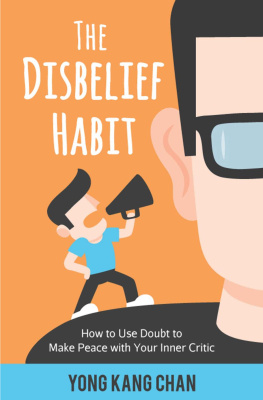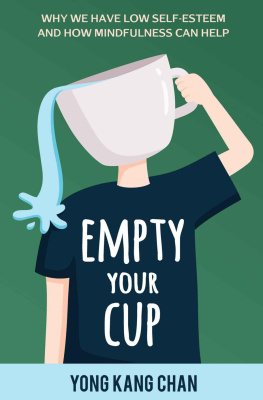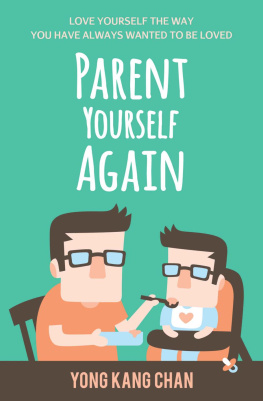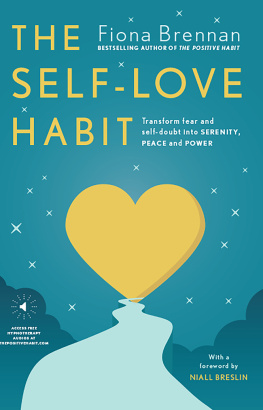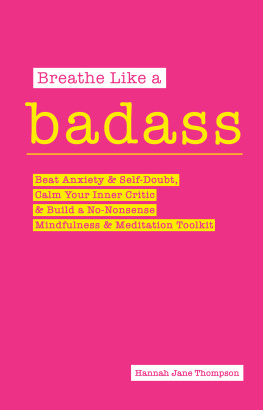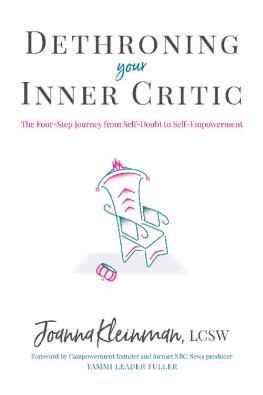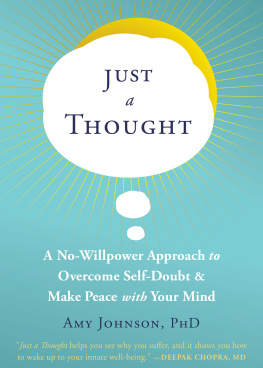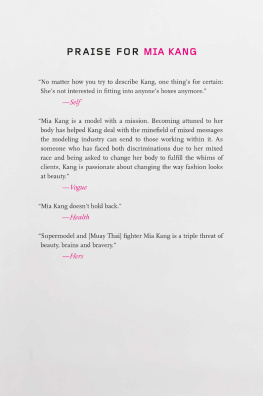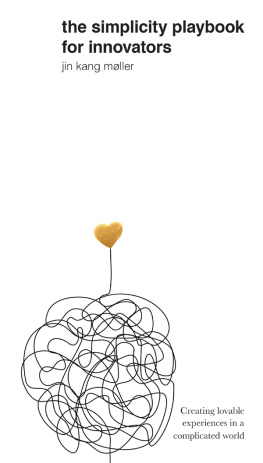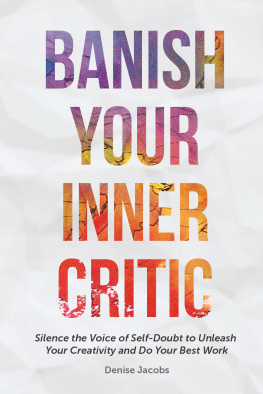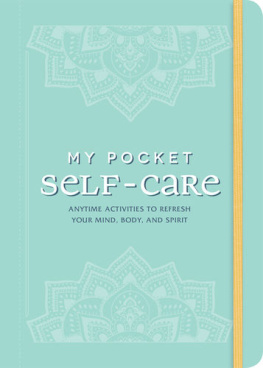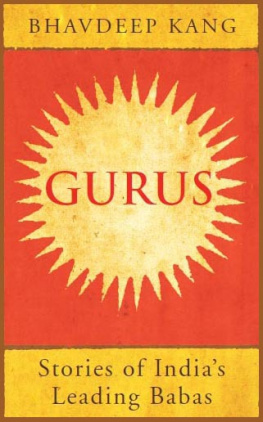Yong Kang Chan - The Disbelief Habit: How to Use Doubt to Make Peace with Your Inner Critic (Self-Compassion Book 2)
Here you can read online Yong Kang Chan - The Disbelief Habit: How to Use Doubt to Make Peace with Your Inner Critic (Self-Compassion Book 2) full text of the book (entire story) in english for free. Download pdf and epub, get meaning, cover and reviews about this ebook. year: 2017, genre: Religion. Description of the work, (preface) as well as reviews are available. Best literature library LitArk.com created for fans of good reading and offers a wide selection of genres:
Romance novel
Science fiction
Adventure
Detective
Science
History
Home and family
Prose
Art
Politics
Computer
Non-fiction
Religion
Business
Children
Humor
Choose a favorite category and find really read worthwhile books. Enjoy immersion in the world of imagination, feel the emotions of the characters or learn something new for yourself, make an fascinating discovery.
- Book:The Disbelief Habit: How to Use Doubt to Make Peace with Your Inner Critic (Self-Compassion Book 2)
- Author:
- Genre:
- Year:2017
- Rating:3 / 5
- Favourites:Add to favourites
- Your mark:
- 60
- 1
- 2
- 3
- 4
- 5
The Disbelief Habit: How to Use Doubt to Make Peace with Your Inner Critic (Self-Compassion Book 2): summary, description and annotation
We offer to read an annotation, description, summary or preface (depends on what the author of the book "The Disbelief Habit: How to Use Doubt to Make Peace with Your Inner Critic (Self-Compassion Book 2)" wrote himself). If you haven't found the necessary information about the book — write in the comments, we will try to find it.
Yong Kang Chan: author's other books
Who wrote The Disbelief Habit: How to Use Doubt to Make Peace with Your Inner Critic (Self-Compassion Book 2)? Find out the surname, the name of the author of the book and a list of all author's works by series.
The Disbelief Habit: How to Use Doubt to Make Peace with Your Inner Critic (Self-Compassion Book 2) — read online for free the complete book (whole text) full work
Below is the text of the book, divided by pages. System saving the place of the last page read, allows you to conveniently read the book "The Disbelief Habit: How to Use Doubt to Make Peace with Your Inner Critic (Self-Compassion Book 2)" online for free, without having to search again every time where you left off. Put a bookmark, and you can go to the page where you finished reading at any time.
Font size:
Interval:
Bookmark:
The Disbelief Habit: How to Use Doubt to Make Peace with Your Inner Critic
Yong Kang Chan
www.nerdycreator.com
The Disbelief Habit: How to Use Doubt to Make Peace with Your Inner Critic
Copyright 2017 by Yong Kang Chan.
All rights reserved. No part of this book may be reproduced or used in any manner whatsoever without the express written permission of the author except for the use of brief quotations in a book review.
Printed in the United States of America
First Edition, 2017
Cover illustrated by Rusty Doodle
Author photo by Benson Ang
Book edited by Jessica Bryan
CONTENTS
Your Free Gift s

Low self-esteem can cause problems in your work, relationship, and mental health. After my episode of depression, I realize the importance of loving myself. So Ive put together these three free gifts for you.
1. Self-Love Quiz
Do you love yourself unconditionally? Or are you too hard on yourself? I had created this quiz to help you find out how much you love yourself.
2. The Round Moon
Being an introvert, I found it challenging to fit in sometimes. This short story was written to encourage us to embrace our differences and accept ourselves.
3. Self-Love Project
This project is a compilation of 44 self-love articles I had written over a year. It includes topics such as:
- forgiving yourself
- setting boundaries
- overcoming negative self-criticism
- letting go of expectations
- being authentic, and more.
If you would like to receive any of the gifts for free, please click here .
Preface
If I had listened to the thoughts in my head two years ago, you would not be reading this book. Near the end of 2015, I was jobless and I experienced major depression.
During the two months before my depression, I was feeling ashamed of myself. My mind went into a downward spiral. Every day I had to deal with endless self-criticism and negative thoughts. I couldnt stop my mind from berating me and, worst of all, I believed everything it told me. I believed no one needed me. I believed that I would die if I didnt get another job soon. All this criticism seemed so true to me at the time. I couldnt control my tears; clearly, my emotions were out of control.
I had allowed my inner critic to tear me apart completely.
One day, I found myself at the river thinking: Jump in and youll end your suffering. Just so you know, I didnt plan for suicide. I was feeling frustrated at home, so I went out for a walk to take a breather. The idea of jumping in was just one of those random thoughts that crossed my mind when I was at the river. Luckily for me, I didnt trust these thoughts and didnt act on them.
But from that day onward, I realized something important I needed to be more mindful of my thoughts because they arent always helpful or correct.
In fact, they are mostly wrong.
If you are interested in learning more about my experience with depression, please read my memoir, The Emotional Gift .
This new book, The Disbelief Habit , is about how we doubt our thoughts, especially the critical ones. Im so grateful that I survived depression in 2015, and that I am able to pass this message on to you.
In my mid-twenties, I learned how to correct my negative thinking and be more positive. However, sometimes what I think is positive might not actually turn out to be positive or make me any happier. Occasionally, it creates more stress and frustration.
After I survived depression, I began to read more books on spirituality and mindfulness, I learned to distance myself from my mind. Now, I dont trust my thoughts 100% anymore. I dont consider my thoughts to be absolute truth, but merely suggestions and opinions. Whether to believe and use these thoughts or not is really up to me.
As with my other books, the writing in this one is as simple as possible. Most of the insights are drawn from my own experiences and observations. If you are looking for something that has been scientifically researched, this book might not be suitable for you. But if you are someone who is open to self-exploration and learning through anecdotes, it will resonate with you.
My mission in life is to make the world a more peaceful place for all of us. This starts with helping individuals connect with their inner peace and become more self-compassionate. By reading this book, you are already a part of this movement. So thank you!
Yong Kang Chan
Singapore, 2017

Introduction
Peace cannot be kept by force; it can only be achieved by understanding.
ALBERT EINSTEIN
Have you tried to stop the negative voice in your head? How successful have you been?
Like most people, when I was younger I tried many different exercises and techniques to release my negative thoughts. I also read various blog posts and books, watched numerous videos, and bought online programs to assist in my study of positivity. Generally, this worked, and I built a decent level of self-esteem and confidence. There were still times when I was hard on myself. However, I wasnt overly bothered because it wasnt as intense as my teenage years had been. So I simply corrected my negative self-beliefs and made them more positive, thinking that, eventually, my negative thoughts would go away. I thought it was up to me to fix my thinking.
It wasnt until years later, when I found myself jobless and in a downward spiral with depression, that I realized, Hey, the critical voice is still there. It didnt go away. It was just lurking in the background, waiting for the opportunity to criticize and shame me. It can still turn my life upside down, and I dont think it will ever go away.
Everyone has a critical voice in their heads. This is the voice that tells us:
- You will never amount to anything.
- You cant be wealthy.
- You are not beautiful enough.
- You are a bad parent.
- No one loves you.
The intensity and the things you are criticized for might be different. Some people might get agitated with themselves easily for dropping something on the floor. Others might punish themselves for not reaching their goals. We all have an inner voice that finds fault and judges us. It is commonly known as the inner critic. Its a subpersonality that our minds have created to help us cope with certain situations and emotions.
Most of us think that silencing the inner critic is the solution to our problems, but its not. Stopping the negative thoughts in our heads might help temporarily, but ultimately we need to learn how to deal with the critical voice. The inner critic has a purpose to fulfill. When your inner critic criticizes you, it might want you to do better, or perhaps it wants to protect you from making mistakes and harming yourself. You cannot stop it from doing its job.
Even though we might blame our inner critic for making us feel unworthy, its not the only subpersonality that is responsible for our lack of self-worth.
You have probably noticed there is more than one voice in your head, and that each voice has a different opinion and tone. Some of them are harsh, like the inner critic. Others are mild and subdued. The mind subdivides itself into different parts in order to help us cope with various situations. Each subpersonality has a unique purpose and beliefs about what is good or bad for us. Its as though there are many people living inside the same head.
Font size:
Interval:
Bookmark:
Similar books «The Disbelief Habit: How to Use Doubt to Make Peace with Your Inner Critic (Self-Compassion Book 2)»
Look at similar books to The Disbelief Habit: How to Use Doubt to Make Peace with Your Inner Critic (Self-Compassion Book 2). We have selected literature similar in name and meaning in the hope of providing readers with more options to find new, interesting, not yet read works.
Discussion, reviews of the book The Disbelief Habit: How to Use Doubt to Make Peace with Your Inner Critic (Self-Compassion Book 2) and just readers' own opinions. Leave your comments, write what you think about the work, its meaning or the main characters. Specify what exactly you liked and what you didn't like, and why you think so.

